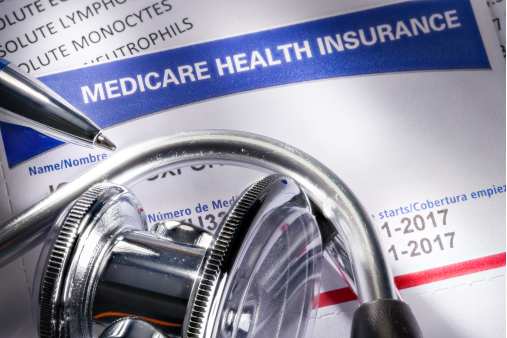The FDA recently issued a final guidance titled “FDA Decisions for Investigational Device Exemption (IDE) Clinical Investigations.” This guidance, initially issued in November 2011 and revised in June 2013, implements changes the Food and Drug Administration Safety and Innovation Act (FDASIA) made to the Federal Food, Drug, and Cosmetic Act (the FD&C Act) to specify certain situations in which the FDA cannot disapprove an IDE.
FDASIA amended the FD&C Act to preclude FDA from disapproving an IDE solely because (1) the investigation may not support a substantial equivalence or de novo classification determination or approval of the device; (2) the investigation may not meet a requirement, including a data requirement, relating to the approval or clearance of a device; or (3) an additional or different investigation may be necessary to support clearance or approval of the device.
The guidance begins by explaining three types of decisions on an IDE application: (1) approval; (2) approval with conditions; and, (3) disapproval. Approval means the sponsor may begin enrolling patients upon receipt of IRB approval and subject to the limits described in FDA’s decision letter. An approval with conditions carries the same meaning, but the sponsor must also information addressing the issues identified as conditions of approval in FDA’s letter within 45 days. FDA will respond to the additional information within 30 days from receipt and, during that time, the sponsor may continue to conduct the study. The meaning of disapproval is self-evident.
Additionally, the guidance defines “staged approval” or “staged approval with conditions” (which are subsets of approval and approval with conditions decisions) as processes by which FDA may grant IDE approval or approval with conditions for a portion of the intended study cohort. If the IDE submission shows that the benefit-risk profile is sufficiently favorable to justify enrollment of a portion of the study subjects, FDA states that a staged clinical investigation may be appropriate to allow initiation of patient enrollment in a study while further mitigating risk by limiting exposure of the investigational device to a smaller subject population. FDA states that this approach may be appropriate in the following situations:
- Additional clinical confirmation of the safety profile is obtained by reviewing initial data from subjects enrolled early in the clinical investigation before enrolling the full subject cohort.
- Additional non-clinical testing is needed to more fully characterize device performance to adequately evaluate the potential risks of the device, before permitting testing of the full subject cohort and is conducted concurrently with early enrollment in the clinical investigation.
FDA will permit the sponsor to expand enrollment once an IDE supplement containing the necessary additional information is submitted and found to be acceptable.
The guidance also states that if FDA believes that additional modifications to a study design are needed, unrelated to subject safety, for the study design ultimately to support a marketing application, these suggested modifications will be noted in a separate “study design considerations” and/or “future considerations” letters. The draft version of this guidance had proposed to include the “study design considerations” “future considerations” as separate sections of the approval letter, but the FDA ultimately decided including the decision and various considerations in the same letter may be confusing. Sponsors are not required to modify the investigational plan to address study design and future considerations. If these considerations are not addressed, however, the study design may not support the study goals (e.g., a future marketing application).
In a significant change to the draft version, the final guidance drops a process first proposed in the draft. To satisfy the sponsor’s potential interest in knowing whether a clinical trial will support a marketing application, the draft guidance had proposed a voluntary “Pre-Decisional IDE Process” to allow device manufacturers to engage with the FDA in the development of trial designs that may support a marketing approval or clearance. The draft guidance had also stated that the Pre-Decisional process would have been different from the similarly-named Pre-Submission process, which is appropriate for focused discussions with the FDA early in device development or when nonclinical testing is underway. Presumably, the Pre-Submission process remains intact.
A pdf copy of the guidance document is available here.
For more information, please contact the Barnes & Thornburg LLP attorney with whom you work or one of the following attorneys in the firm’s Food, Drug & Device Group: Lynn Tyler at (317) 231-7392 or lynn.tyler@btlaw.com; Hae Park-Suk at (202) 408-6919 or hae.park.suk@btlaw.com.
©2014 Barnes & Thornburg LLP. All Rights Reserved. This page, and all information on it, is proprietary and the property of Barnes & Thornburg LLP. It may not be reproduced, in any form, without the express written consent of Barnes & Thornburg LLP.
This Barnes & Thornburg LLP publication should not be construed as legal advice or legal opinion on any specific facts or circumstances. The contents are intended for general informational purposes only, and you are urged to consult your own lawyer on any specific legal questions you may have concerning your situation.
Visit us online at www.btlaw.com and follow us on Twitter @BTLawNews.













